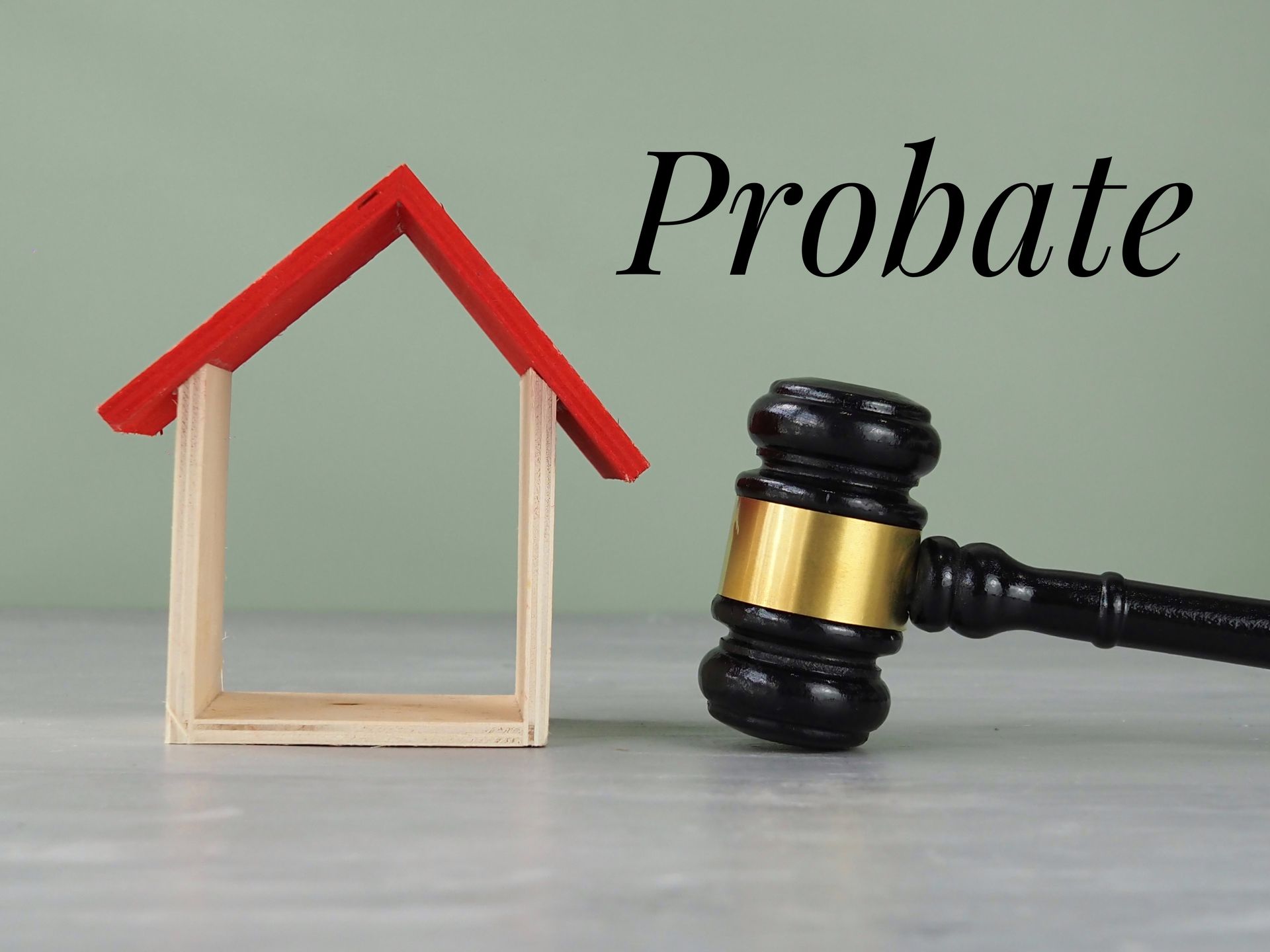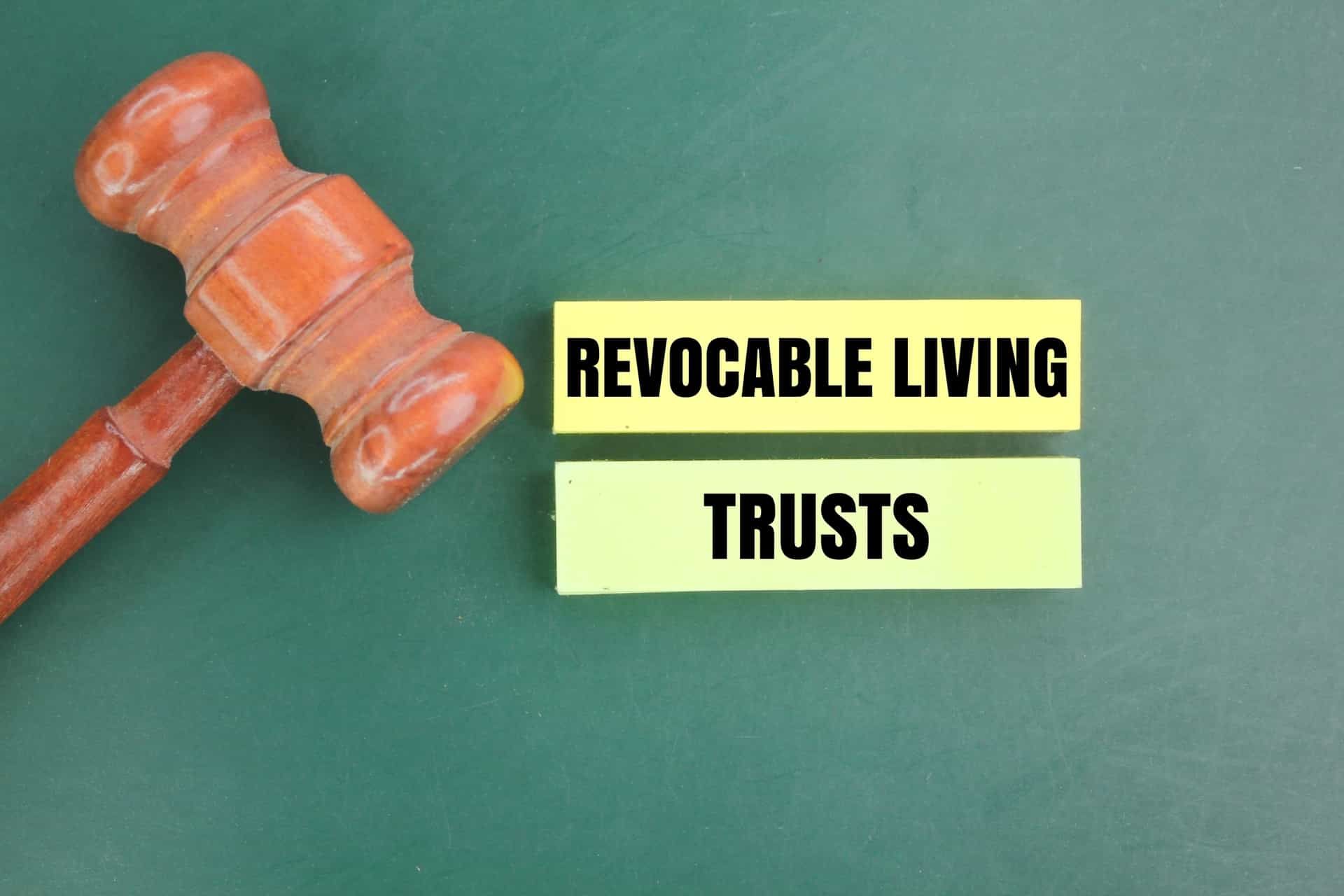Maximizing Your Inheritance: How to Claim Florida’s Elective Share
In Florida, when a spouse passes away, the surviving spouse has certain legal rights to a portion of the deceased spouse’s estate. One of these rights is the elective share, which allows a surviving spouse to claim a portion of a spouse’s estate who just passed away—even if they are disinherited or left with a smaller share than they would be entitled to under the state’s intestacy laws.
The elective share is an important legal tool that can help a surviving spouse maximize their inheritance and ensure that they are not left with inadequate resources to support themselves after the death of their partner.
Today, we will discuss how to claim Florida’s elective share and how to maximize your inheritance through this legal provision.
What Is Florida’s Elective Share?
Florida’s elective share is a legal provision that grants a surviving spouse the right to claim a specific portion of a spouse’s estate, regardless of what is stated in the deceased spouse’s will.
The purpose of the elective share is to protect the surviving spouse from being disinherited or left with a disproportionately small share. Florida’s elective share law applies to both real and personal property, as well as to assets held in trust.
The amount of the elective share to which a surviving spouse is entitled depends on the length of the marriage. For marriages that lasted less than 1 year, the elective share is 0%. For marriages that lasted between 1 and 5 years, the elective share is 20% of the estate.
For marriages that lasted between 5 and 15 years, the elective share is 30% of the estate. For marriages that lasted more than 15 years, the elective share is 50% of the estate.
It is important to note that the elective share only applies to assets that would have passed through the deceased spouse’s probate estate. This means that assets held jointly or in trust, as well as life insurance policies and retirement accounts with named beneficiaries, are not subject to the elective share. However, in some cases, the value of such assets may be included in the calculation of the elective share.
How to Claim Florida’s Elective Share
If you are a surviving spouse in Florida and believe that you are entitled to claim the elective share of your deceased spouse’s estate, there are several steps you should take in order to make a claim.
1. Hire an Attorney
The first step in claiming the elective share is to hire an experienced Florida probate attorney. Your attorney can help you understand your rights under Florida law, gather the necessary documentation, and negotiate with the estate or its representatives on your behalf.
2. File a Timely Claim
In order to claim the elective share, you must file a written notice with the probate court within 6 months after the date of service of a copy of the notice of administration or 2 years after the date of the decedent’s death. This notice must be served on the personal representative of the estate and any other interested parties.
3. Gather Relevant Documentation
To support your claim, you will need to gather documentation that shows the value of the deceased spouse’s assets and liabilities, as well as documentation that proves your entitlement to the elective share. This may include financial statements, tax returns, marriage certificates, and other relevant records.
4. Negotiate with the Estate or Its Representatives
Once you have filed your claim, the personal representative of the estate or its representatives may attempt to negotiate a settlement with you. It is important to have your attorney review any proposed settlement agreements to ensure that your rights are being protected and that you are receiving the full value of your entitlement to the elective share.
Potential Challenges and How to Overcome Them
There are several potential challenges that may arise when attempting to claim Florida’s elective share. For example, the personal representative of the estate may contest the validity of your claim, or there may be disputes over the value of the assets subject to the elective share.
In some cases, these disputes may need to be resolved through mediation or litigation. It is important to work closely with your attorney to address any potential challenges and ensure that your rights are being protected throughout the process.
1. Contesting the Validity of the Claim
The personal representative of the estate or other interested parties may attempt to contest the validity of your claim for the elective share. For example, they may argue that your marriage was not valid or that you were not entitled to claim the elective share because you waived your rights in a prenuptial agreement.
In such cases, it is important to have your attorney present evidence and arguments that support the validity of your claim and counter any allegations made against it.
2. Disputing the Value of the Assets Subject to the Elective Share
The value of the assets subject to the elective share may also be a source of dispute. For example, the personal representative of the estate may argue that the value of certain assets is less than what you claim. In such cases, it is important to have a professional appraisal or valuation performed to determine the true value of the assets, and to work with your attorney to negotiate a fair settlement.
3. Resolving Disputes Through Mediation or Litigation
If disputes cannot be resolved through negotiation, mediation or litigation may be necessary. Mediation is a voluntary process in which a neutral third party helps the parties to reach a mutually acceptable settlement. Litigation, on the other hand, involves filing a lawsuit and having the dispute resolved by a judge or jury.
Both mediation and litigation can be time-consuming and costly, so it is important to carefully consider your options and work closely with your attorney to ensure that your interests are being protected.
Call Doane & Doane Today
At Doane & Doane, our experienced Florida probate attorneys have helped many clients navigate the complexities of Florida’s elective share law and maximize their inheritance through this legal provision. If you believe that you may be entitled to claim the elective share of your deceased spouse’s estate, we can help.
Contact us today at
561-656-0200 to schedule a consultation and learn more about your legal rights and options. With our knowledge and experience on your side, you can feel confident that your interests are being protected and that you are receiving the full value of your entitlement to the elective share.
Note:The information in this blog post is for reference only and not legal advice. As such, you should not decide whether to contact a lawyer based on the information in this blog post. Moreover, there is no lawyer-client relationship resulting from this blog post, nor should any such relationship be implied. If you need legal counsel, please consult a lawyer licensed to practice in your jurisdiction.
Disclaimer: The information on this website and blog is for general informational purposes only and is not professional advice. We make no guarantees of accuracy or completeness. We disclaim all liability for errors, omissions, or reliance on this content. Always consult a qualified professional for specific guidance.
RECENT POSTS
CONTACT US
We will get back to you as soon as possible.
Please try again later.
GET IN TOUCH
We will get back to you as soon as possible.
Please try again later.
Quick Links
Practice Areas
Contact Us
Palm Beach Gardens office:
2979 PGA Boulevard #201,
Palm Beach Gardens, FL 33410
All Rights Reserved.
Website Designed & Managed by Oamii.






